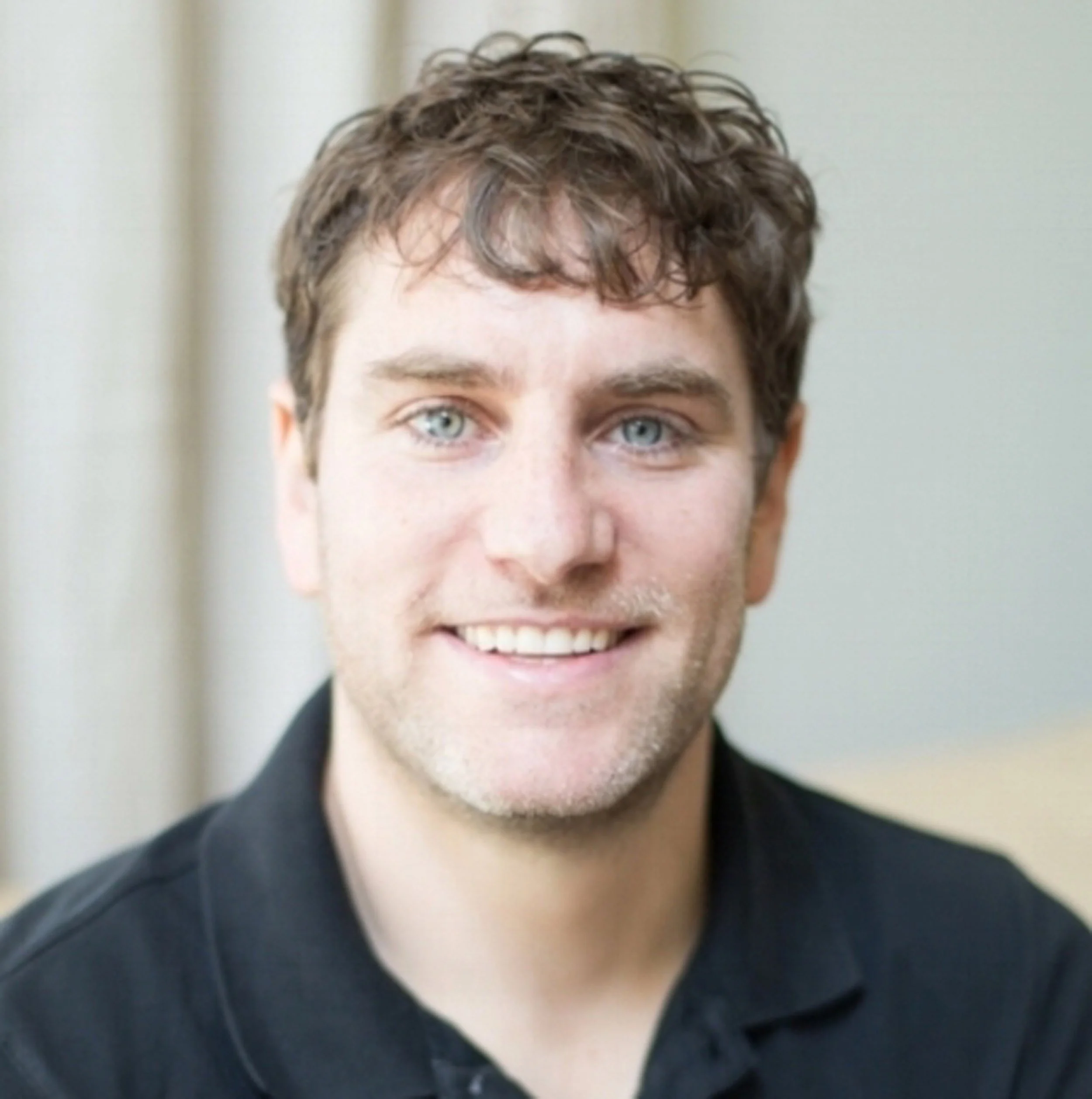The Sickness is the System: When Capitalism Fails to Save Us from Pandemics or Itself w/ RICHARD D. WOLFF - Highlights
/Founder of Democracy at Work · Host of Economic Update
Author of The Sickness is the System: When Capitalism Fails to Save Us from Pandemics or Itself
You can criticize many things in the United States, but there are taboos and the number one taboo is that you cannot criticize Capitalism. That is equated with disloyalty…This story about Capitalism being wonderful. This story is fading. You can’t do that anymore. The Right Wing cannot rally its troops around Capitalism. That’s why it doesn’t do it anymore. It rallies the troops around being hateful towards immigrants. It rallies the troops around “fake elections”, around the right to buy a gun, around White Supremacists. Those issues can get some support, but “Let’s get together for Capitalism!” That is bad. They can’t do anything with that. They have to sneak the Capitalism in behind those other issues because otherwise, they have no mass political support.













